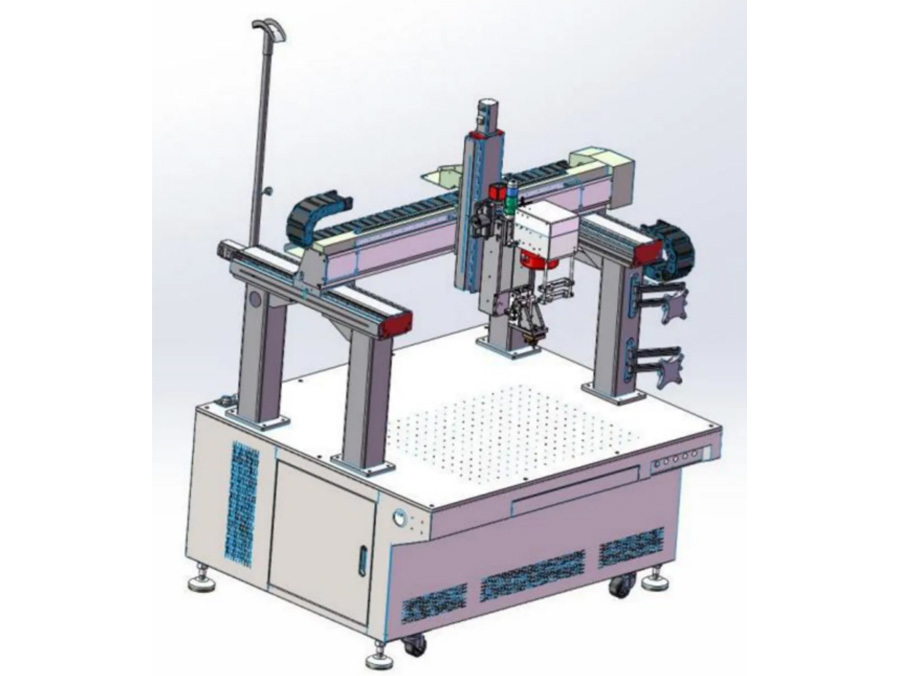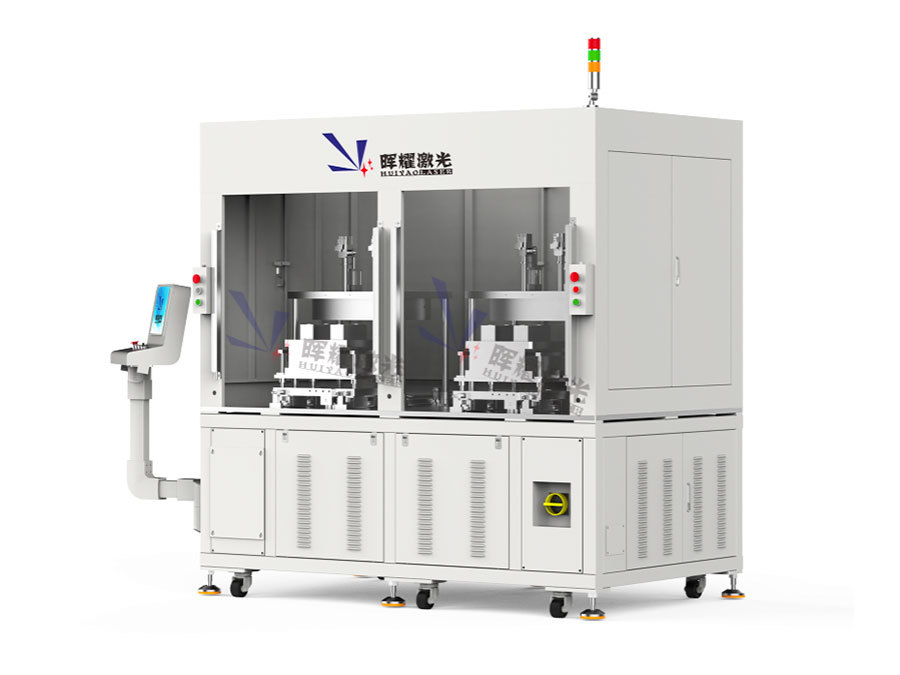Solution

MES Solution for EV Smart Factory
- Product description
-
- Commodity name: MES Solution for EV Smart Factory
- Commodity ID: 动力电池智能工厂MES系统
The Manufacturing Execution System (MES) for EV Smart Factory Solutions is a fully integrated software platform designed to manage, monitor, and optimize production processes in real-time.
1. System Overview
The Manufacturing Execution System (MES) for EV Smart Factory Solutions is a fully integrated software platform designed to manage, monitor, and optimize production processes in real-time. It facilitates seamless communication across production, logistics, quality control, and data analysis, ensuring operational efficiency, traceability, and compliance with industry standards.
2. Key Features
- Real-Time Monitoring: Tracks production status, machine performance, and process deviations.
- Data Traceability: Provides end-to-end traceability of materials, components, and finished products.
- Integration Ready: Compatible with ERP, PLM, and SCADA systems for seamless workflow.
- Quality Management: Supports defect detection, root cause analysis, and compliance monitoring.
- Customizable Modules: Tailored to meet the specific needs of EV battery and module manufacturing.
3. Technical Specifications
3.1 System Architecture
- Platform:
- Cloud-based or on-premises deployment.
- Microservices architecture for scalability.
- Database Support:
- SQL (MySQL, PostgreSQL, Oracle) and NoSQL (MongoDB).
- Operating System Compatibility:
- Windows Server, Linux (CentOS, Ubuntu).
- API Support:
- RESTful API, OPC UA for machine data integration.
3.2 Production Management
- Production Scheduling:
- Dynamic scheduling based on real-time machine availability and order priority.
- Work Order Management:
- Supports single-level and multi-level work orders.
- Material Management:
- Tracks material usage, stock levels, and replenishment requirements.
3.3 Quality Control
- Inspection Support:
- Inline, end-of-line, and random sampling quality checks.
- Defect Analysis:
- Root cause analysis with real-time defect logging.
- Process Control:
- Automatic alerts for deviations in temperature, pressure, or other parameters.
- Compliance Reporting:
- Generates reports meeting ISO, IATF, and other EV industry standards.
3.4 Traceability
- Serial Number Tracking:
- Full traceability from raw materials to final product.
- Data Logging:
- Logs process data, operator information, and environmental conditions.
- Historical Data Access:
- Retrieve historical records for audits or investigations.
3.5 Integration and Communication
- Supported Protocols:
- MQTT, OPC UA, Modbus TCP/IP for machine connectivity.
- ERP Integration:
- SAP, Oracle, Microsoft Dynamics integration.
- SCADA Compatibility:
- Supports real-time data exchange with SCADA systems.
- IoT Device Support:
- Connects to IoT sensors for process monitoring.
3.6 User Interface
- Dashboard:
- Customizable real-time production overview with KPIs.
- Access Levels:
- Role-based access for operators, supervisors, and management.
- Multi-Language Support:
- English, Chinese, and other configurable languages.
- Alerts and Notifications:
- Real-time alerts via SMS, email, or app notifications.
3.7 Data Analytics and Reporting
- Real-Time Analytics:
- Machine efficiency (OEE), downtime analysis, and productivity trends.
- Custom Reports:
- Exportable in Excel, PDF, or CSV formats.
- AI and Machine Learning:
- Predictive analytics for maintenance and production optimization.
- Visualization Tools:
- Charts, graphs, and heatmaps for intuitive data presentation.
3.8 Security Features
- Data Encryption: AES-256 encryption for data in transit and at rest.
- User Authentication:
- Multi-factor authentication (MFA) support.
- Access Control:
- Role-based permissions and audit trails.
- Backup and Recovery:
- Automated backups with disaster recovery options.
3.9 Hardware Requirements (Minimum)
- Server Requirements:
- CPU: Intel Xeon, 8 cores, 2.4 GHz or higher.
- RAM: 32 GB or higher.
- Storage: 1 TB SSD, RAID configuration recommended.
- Client Devices:
- Web browsers (Chrome, Edge, Safari) or dedicated application.
- Network:
- Minimum bandwidth of 1 Gbps for data exchange.
4. Applications
- EV Battery Manufacturing: Real-time monitoring and traceability of cell production and module assembly.
- Module and PACK Assembly: Synchronizes machine operations, material flow, and quality assurance.
- Energy Storage Systems (ESS): Manages production and testing workflows for ESS components.
- Smart Factory Implementation: Centralized control and optimization of manufacturing processes.
5. Maintenance and Warranty
- Maintenance Support:
- 24/7 remote and on-site support options.
- Regular software updates and patches.
- Warranty:
- Standard: 1 year.
- Extended: Customizable based on client needs.
Key words:
Series of Products
The Huiyao Laser Cell OCV Testing & Sorting Machine is a critical component for ensuring the quality and consistency of prismatic battery modules. This semi-automatic station is designed to accurately measure the Open Circuit Voltage (OCV), AC Internal Resistance (ACIR), and polarity of individual cells *before* they enter the main assembly line. By sorting cells into precise groups based on these parameters, it guarantees module balancing, safety, and optimal performance.
The Huiyao Laser Pneumatic Stacking & Pressing Machine is a high-precision, semi-automatic station designed for the flexible assembly of prismatic battery modules. It ensures optimal cell compression and alignment during the manual stacking process, which is critical for module durability, performance, and safety. This unit is ideal for R&D, prototyping, and small-batch production environments where process flexibility and precise pressure control are paramount.
Huiyao Laser is a leading battery laser welding machine manufacturer offering professional battery pack and battery module welding solutions for many fields, such as energy storage systems of research and development machines, as well as complete assembly lines for module and battery pack production.
Battery Top Cap Welding Equipment
Precise welding of top caps onto battery cases, ensuring airtight sealing and electrical connectivity for prismatic and pouch batteries.
Get a Free Quote
PLEASE LEAVE YOUR MESSAGE AND WE WILL CONTACT YOU AS SOON AS WE RECEIVE IT!
FAQ
Q
Can these lines handle different prismatic cell sizes or chemistries (LFP, M3P)?
A
Q
How do I choose the "best" prismatic assembly line?
A





